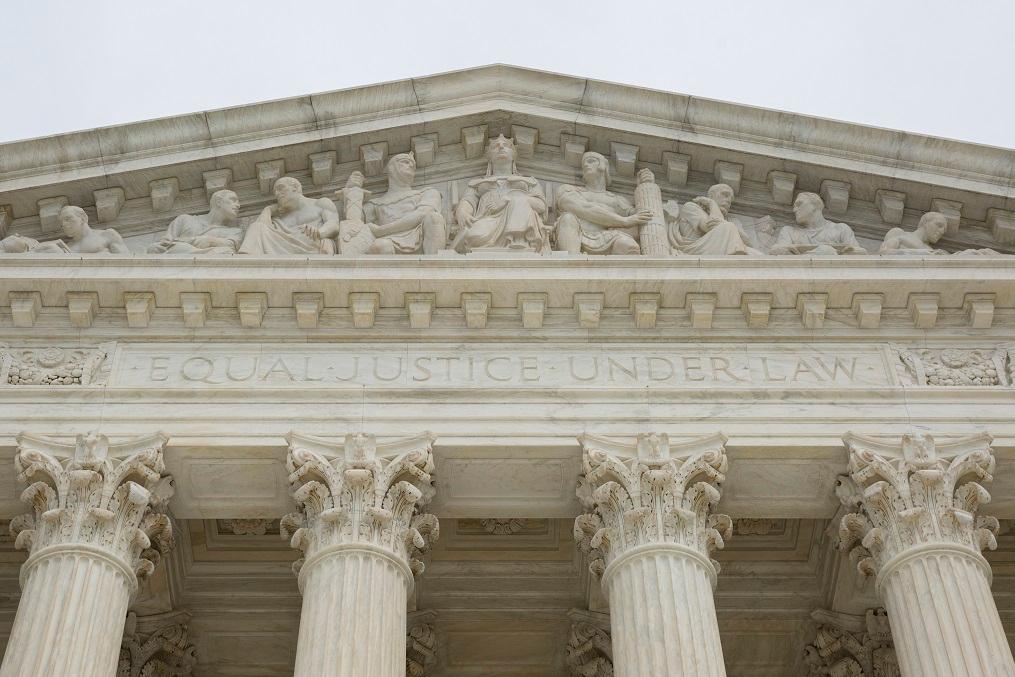WASHINGTON—The Supreme Court appeared divided on March 26 about separate legal challenges to the state electoral maps of North Carolina and Maryland, which partisans on both sides in those states say are unfairly tilted to their opponents.
Whatever the court decides to do—it could sidestep the controversies altogether by ruling the challenging parties lack legal standing to bring their cases—is likely to have an impact on the 2020 elections, including President Donald Trump’s reelection effort, and beyond.





